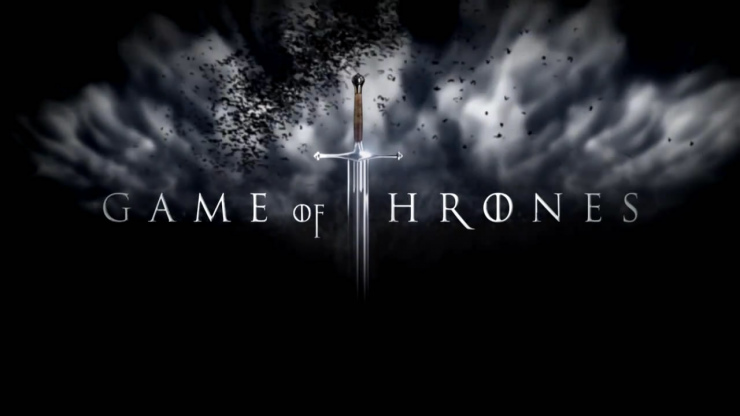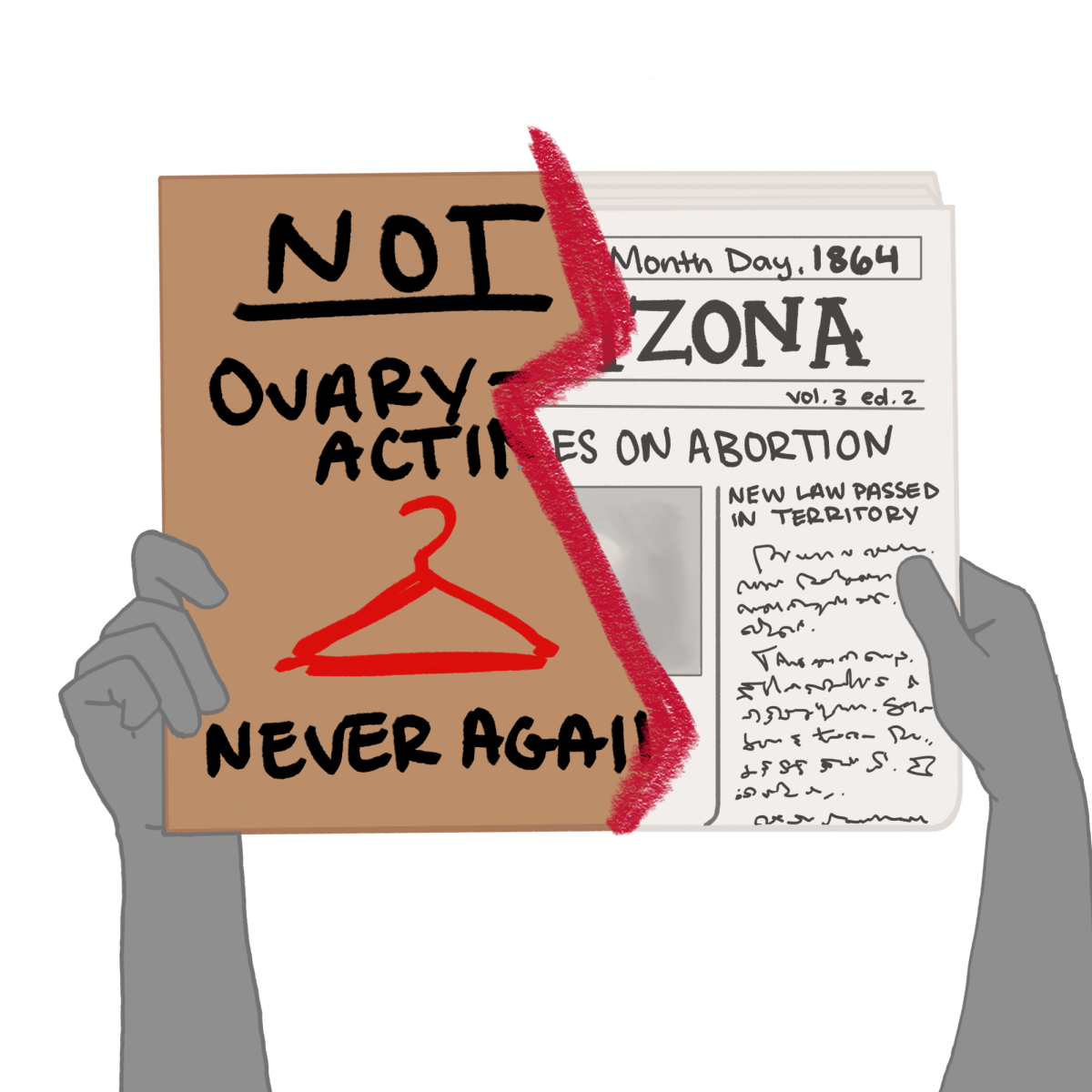The penultimate season of the hit series “Game of Thrones” has just ended and was followed by swift praise and woe from many fans. What started out as a slow and methodical series has evolved into a heart-stopping thrill ride where actions speak much louder than words. This departure from Thrones’ more methodical and political approach to engrossing TV is an absolute treat for all fans who’ve been waiting anywhere from six to 21 years to see a dragon at the head of a Dothraki horde charging into battle, the Wall finally being brought down or to finally hear the undeniable truth that Jon Snow is a Targaryen.
However, with so many battle scenes, game-changing events and dragons breathing the embodiment of hell out of their jaws, the series lacked in many of the characteristics that made it one of the most popular television shows of all time.
In the beginning of the show’s life, events and arcs, such as the War of the Five Kings, played out over many seasons, with characters growing into roles they either were destined, forced or strived to achieve. There seemed to be a realistic amount of time given to characters to allow them to explore their storylines, while having enough substance within them to not get boring or stagnant.
This last season does away with all of this either in favor of more action, because of fewer episodes or because the show writers don’t have enough substance without the books to keep it as tantalizing as it used to be. Characters jump from one side of the continent to the other in a matter of minutes and armies amassing well over 40,000 troops cross oceans in one episode.
The event that still rattles in the brains of viewers everywhere is the death of lead character Ned Stark in season one. No one (except for book readers of course) expected this event to happen. Ned made mistakes that led to his and his house’s sudden downfall, and it left the jaws of all viewers on the floor. It gave birth to a devoted fan base that expected and even wanted characters to die at any moment.
Season seven of Thrones got rid of this incredible sense of consequence in favor of the more classic hero’s journey. If you don’t believe me, I challenge you to go back over the season and count the number of times a character gets saved miraculously from death. When I know that the entire main cast is immune to death, it removes any consequences from the show. Before, I truly believed they could all die and that the show would continue.
The second to last season of Thrones gave me everything I wanted to see. Dragons, epically designed battles, the start of “The Great War” and the formation of Westeros’ most powerful duo. Despite the amazing action and set pieces, the seventh season lacked the nuance and compelling storylines that made previous season so great. Unfortunately, the latest Game of Thrones season is in the bottom half of my favorites.












